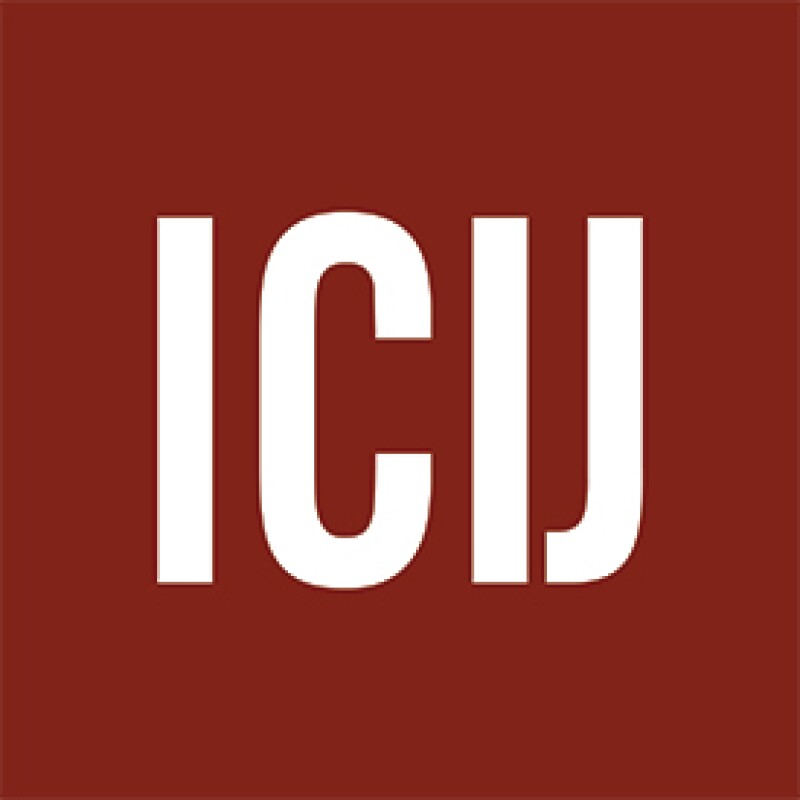
|
International Consortium of Investigative Journalists (ICIJ) was also in the Global Tax 50 2016, and 2014 |
The International Consortium of Investigative Journalists (ICIJ) has once again compiled documents that lay bare the tax affairs of those who would rather they were kept secret, this time in the Paradise Papers released on November 5.
Since splitting from the Center for Public Integrity (which founded the ICIJ in 1997) in February 2017, the entirely independent, non-profit news organisation has made its mark. International Tax Review caught up with Gerard Ryle, who leads the ICIJ's operations from Washington DC, to talk about the Paradise Papers, corporate tax avoidance and the role of journalism.
International Tax Review: You've told us before that you wouldn't want to just keep on doing 'leaks' stories unless they offer something different. What do you think the Paradise Papers show us that your previous exposés have not?
Gerard Ryle: In some ways, the Paradise Papers was a more important story than Panama Papers. Though the reaction to the Panama Papers was more dramatic – with the quick fall of the Iceland Prime Minister and the later fall of the Pakistan Prime Minister – the Paradise Papers showed real systemic failure. Here were the richest people and the richest companies in the world using a system that allows them to avoid tax. I particularly thought our revelations about corporate tax avoidance was very important, and something that was missing from our coverage of the Panama Papers.
ITR: How do you see the ICIJ's role on the world stage? What are you trying to achieve?
GR: We are an investigative journalism organisation, doing investigative journalism. We do not approach any issue with preconceived notions. We do not do advocacy. We are simply reporting on issues that are of genuine public interest. At a time when journalism itself is under pressure, both from the concept of 'fake news' and because the advertising business models that have long sustained journalism are broken, we believe it is more important than ever to provide journalism in the public interest. What marks us out from others is that we encourage journalists to share information and work together, across the world.
ITR: What do you think governments can do to address tax avoidance?
GR: I believe we are looking at systemic problems that are global. Therefore, I believe governments need to get together and work out a solution that is global. The first step would be to remove the secrecy that is associated with tax havens.
ITR: What do you think of transparency initiatives like the common reporting standard, automatic exchange of information and tax haven blacklists?
GR: I think all of these things help, but clearly – as is evidenced from the Paradise Papers reporting – they do not go far enough. They just tinker around the edges of a much deeper problem – that of secrecy.
ITR: What were the most interesting stories, for you, to come out of the Paradise Papers?
GR: For me, the most important reporting was on the large multinational corporations we found in the Paradise Papers. I was particularly impressed by some of the on-the-ground reporting in Africa. There are real victims here. People who are being denied access to hospital care, to schools, and to a standard of living that most of us expect in modern society. I don't think it is good enough to say: 'no law was broken'. Tax havens are causing real poverty and real inequity and it is important that journalism points this out. It is then up to civil society to react to the work of the journalists, if it sees fit to do so.
ITR: The LuxLeaks appeal is ongoing – is it something your organisation is following, or involved in in any way?
GR: We are following the proceedings with great interest. The ICIJ does not get involved with advocacy, except when one or more of our member journalists are involved.
The Global Tax 50 2017 |
|
|---|---|
The top 10 • Ranked in order of influence |
|
6. Arun Jaitley |
|
The remaining 40 • In alphabetic order |
|
| The Estonian presidency of the Council of the European Union |
|
| International Consortium of Investigative Journalists (ICIJ) |
|
| United Nations Committee of Experts on International Cooperation in Tax Matters |
|









